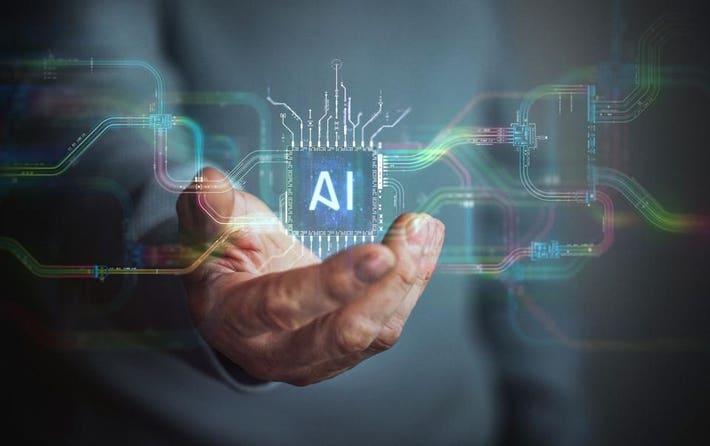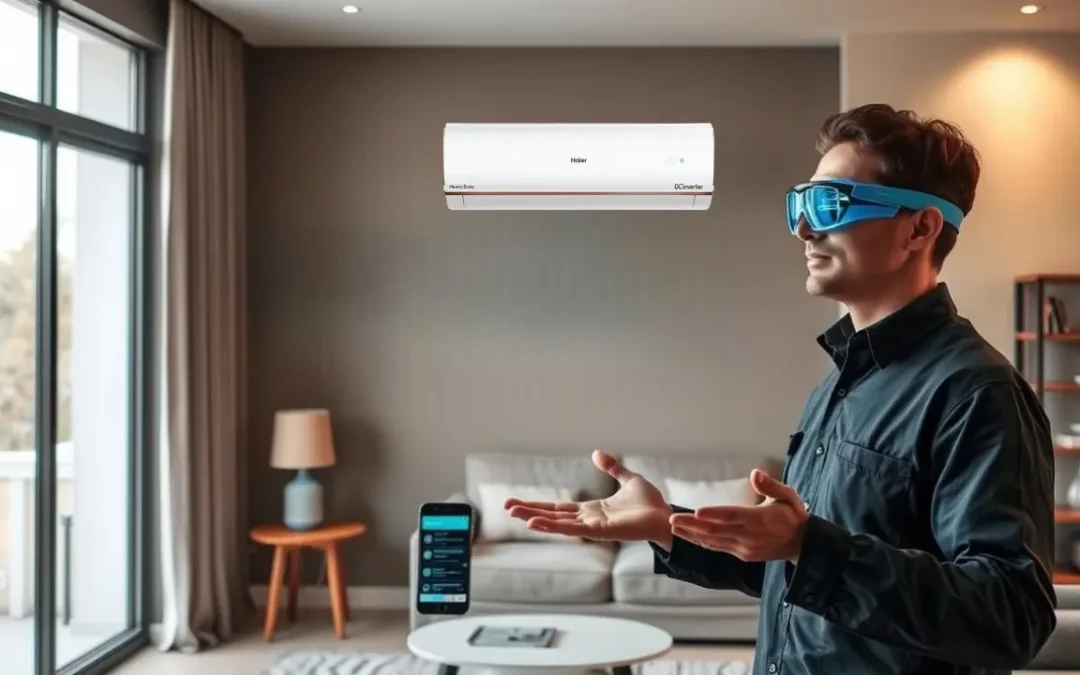In recent years, the integration of adaptive AI controls in HVAC systems has revolutionized the way we manage indoor climates. This technology not only improves efficiency but also enhances user comfort. As industries and households strive for smarter solutions, understanding the impact of AI on HVAC systems becomes crucial.

The Rise of AI in HVAC Systems
The adoption of AI technology in heating, ventilation, and air conditioning (HVAC) systems is no longer a futuristic concept. It is a reality that is transforming how we approach climate control. With the ability to learn and adapt, AI-driven HVAC systems offer unprecedented control over environmental settings.
What are Adaptive AI Controls?
Adaptive AI controls are advanced algorithms that allow HVAC systems to learn from environmental changes and user preferences. Unlike traditional systems that operate on pre-set parameters, AI controls dynamically adjust to optimize performance. This results in energy savings and improved comfort.
Benefits of AI in Climate Management
The benefits of incorporating AI into HVAC systems are manifold. These systems can predict and respond to changes in real-time, reducing energy consumption by adjusting to occupancy patterns and weather conditions. Furthermore, AI can identify potential faults before they occur, minimizing downtime and maintenance costs.
Energy Efficiency and Cost Savings
One of the most significant advantages of adaptive AI controls in HVAC systems is energy efficiency. By learning from past data, AI can optimize energy use, leading to substantial cost savings. These systems adjust heating and cooling based on the time of day, occupancy, and even the specific needs of a building.
Predictive Maintenance with AI
Predictive maintenance is another area where AI shines. Using data analytics, AI systems can predict equipment failures before they happen, allowing for timely maintenance. This proactive approach reduces repair costs and extends the lifespan of HVAC equipment. Learn more about predicting HVAC breakdowns.
Improved Air Quality
AI controls also play a crucial role in maintaining indoor air quality. By monitoring pollutants and adjusting ventilation accordingly, these systems ensure a healthier indoor environment. For more insights, you can explore AI for indoor air quality monitoring.
The Role of Machine Learning
Machine learning, a subset of AI, is pivotal in the evolution of HVAC systems. It allows these systems to learn from data, making predictions and adjustments that enhance performance. Through continuous learning, HVAC systems become more efficient over time.
Data-Driven Insights
Data is at the heart of machine learning. By analyzing vast amounts of data, AI systems can uncover patterns and make informed decisions. This leads to more accurate climate control settings and improved energy management.
Customization and User Control
AI-driven HVAC systems offer a high degree of customization. Users can set specific preferences, which the system learns and adapts to over time. This personalized approach ensures that individual comfort needs are met while maintaining energy efficiency.
Challenges and Considerations
While the benefits of AI in HVAC systems are numerous, there are also challenges to consider. Data privacy, upfront costs, and the complexity of integration are some of the hurdles that need addressing. However, with continuous advancements, these challenges are gradually being overcome.
Ensuring Data Privacy
With AI systems collecting vast amounts of data, ensuring data privacy and security is paramount. Robust encryption and data management protocols are essential to protect user information.
Cost-Benefit Analysis
Investing in AI-driven HVAC systems requires a cost-benefit analysis. While the initial investment may be higher, the long-term savings in energy and maintenance can offset these costs. For more on this, check out this external resource.
The Future of HVAC with AI
The future of HVAC systems looks promising with the integration of AI. As technology advances, these systems will become more intuitive, efficient, and user-friendly. The potential for innovation in climate management is immense.
AI and Smart Homes
AI is a key component in the development of smart homes. By integrating HVAC systems with other smart technologies, users can enjoy a seamless and efficient home environment.
Continuous Improvement
AI technology is continuously evolving. This means that HVAC systems will keep improving, offering better performance and more features with each iteration. To stay updated on advancements, explore AI-based airflow analysis.
Conclusion
The integration of adaptive AI controls in HVAC systems is transforming the landscape of climate management. With benefits ranging from energy efficiency to improved air quality, AI is setting new standards in the industry. As we look to the future, the role of AI in HVAC systems will only grow, promising smarter and more efficient solutions for all.

FAQs
What are the main benefits of AI in HVAC systems?
AI in HVAC systems offers energy efficiency, cost savings, improved air quality, and predictive maintenance capabilities.
How does AI improve energy efficiency in HVAC systems?
AI optimizes energy use by learning from past data and adjusting settings based on real-time conditions, reducing energy consumption.
Are there any challenges in implementing AI in HVAC systems?
Challenges include data privacy concerns, initial costs, and integration complexity. However, continuous advancements are addressing these issues.
This article contains affiliate links. We may earn a commission at no extra cost to you.
